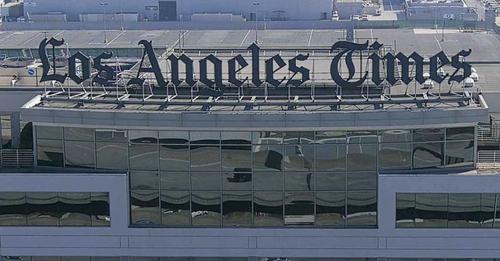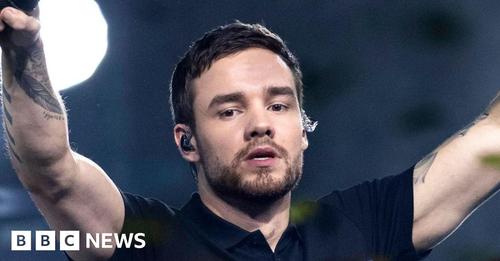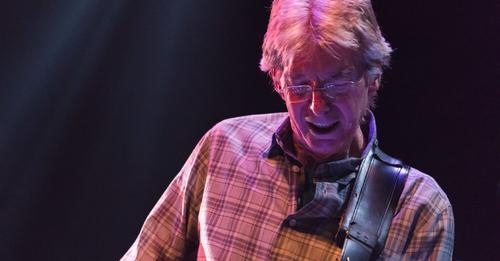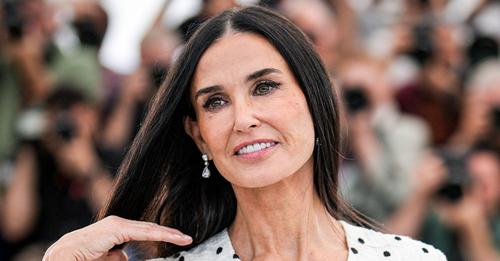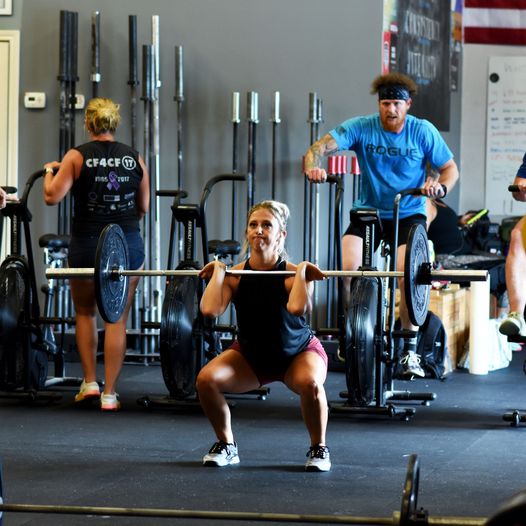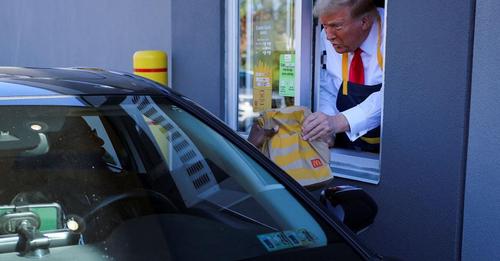
McDonald’s and Trump: The Unnecessary Permission
In a world where fast food and politics often collide, one recent incident has sparked conversations about branding, permissions, and public perception. When former President Donald Trump decided to promote his own version of McDonald’s fries, it led to a flurry of discussions about whether he needed the fast-food giant’s approval. The answer? McDonald’s didn’t need to grant him permission at all.
The Incident Explained No Permission Needed from Trump
The controversy began when Trump, during a rally or public appearance, mentioned serving McDonald’s fries as part of his campaign efforts. This led many to wonder if he had sought permission from the iconic fast-food chain. However, as it turns out, McDonald’s did not need to authorize his usage of their product. The concept of “permission” in this context can be misleading, particularly in the fast-food industry, where branding and public recognition play crucial roles.
Branding and Public Image by No Permission Needed from Trump
Brands like McDonald’s are household names, recognized globally for their signature menu items, including their beloved fries. This recognition comes with a set of unwritten rules and expectations about how their products can be referenced or utilized. However, the reality is that anyone can mention or reference a brand in a non-deceptive manner. Trump’s comments about McDonald’s fries fell within these guidelines, meaning he did not require explicit permission to speak about them.
The Role of Trademark Law No Permission Needed from Trump
Trademark law protects brands from misuse that could confuse consumers. In this case, Trump’s mention of McDonald’s fries does not infringe on any trademark rights, as he did not suggest that McDonald’s was endorsing his campaign or products. The law permits individuals to reference well-known brands in various contexts, provided they do not mislead the public about the relationship between the brand and the individual or organization mentioning it.
Free Speech and Commercial Expression
This incident raises important questions about free speech and commercial expression. Public figures often reference popular brands in speeches or promotions, and the line between endorsement and casual mention can sometimes blur. In Trump’s case, his statement about serving fries can be seen as a form of free expression, allowing him to leverage a well-known product to connect with his audience.
The Impact on McDonald’s
While the situation did not require McDonald’s approval, it did place the fast-food giant in the spotlight. The company has a history of carefully managing its brand image and associations, especially in politically charged environments. Their response, or lack thereof, to Trump’s comments reflects their strategy to maintain a neutral stance in political matters. By not engaging in the controversy, McDonald’s avoids alienating any part of their customer base, which is essential for their business.
Navigating Political Waters
Fast food brands often navigate tricky political waters, as they serve diverse customer demographics. Acknowledging the potential backlash from various political stances, companies like McDonald’s tend to avoid taking sides. This neutrality allows them to focus on their core mission: providing customers with food that is consistent, convenient, and enjoyable.
Consumer Reactions
The public’s reaction to Trump’s comments has been mixed, highlighting the divide in opinions surrounding fast food and political endorsements. Some supporters appreciated his reference to McDonald’s, viewing it as a relatable touch in his rhetoric. Others criticized the move, arguing it trivialized the serious issues at hand.
Social Media and Brand Associations
In today’s digital age, social media plays a crucial role in shaping public perception. Twitter, Facebook, and Instagram can amplify messages quickly, allowing both supporters and detractors to voice their opinions. McDonald’s, having a strong presence on social media, can engage with consumers and respond to controversies as they arise. The company’s adeptness at managing its online reputation is vital in navigating incidents like this.
Conclusion
In conclusion, the incident surrounding Trump and McDonald’s fries serves as a reminder of the complexities at the intersection of branding, politics, and public perception. McDonald’s did not need to give Trump permission to mention their fries, highlighting the nuances of trademark law and free speech in the commercial world. As fast food and politics continue to intertwine, brands must remain vigilant, ensuring they protect their image while navigating the ever-changing landscape of public opinion.
Ultimately, this situation underscores the importance of understanding the power of branding in today’s society. Whether it’s a political figure referencing a beloved fast-food item or a social media influencer promoting their favorite meal, the implications of those mentions can resonate far beyond the immediate context. Brands like McDonald’s must continue to adapt, responding to the evolving dynamics of public perception and maintaining their status as cultural icons.

